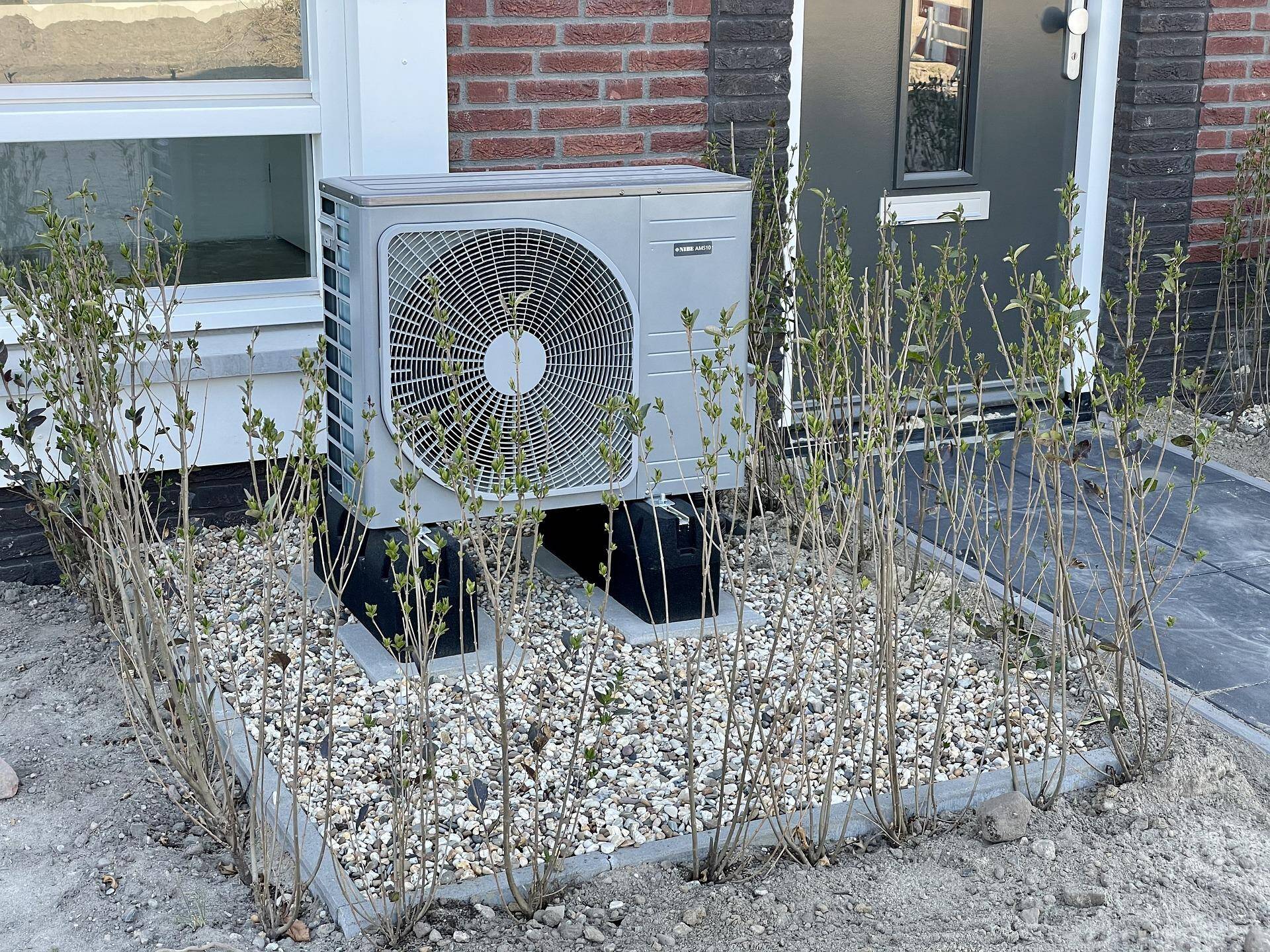You’ve reached your limit!
To continue enjoying Utility Week Innovate, brought to you in association with Utility Week Live or gain unlimited Utility Week site access choose the option that applies to you below:
Register to access Utility Week Innovate
- Get the latest insight on frontline business challenges
- Receive specialist sector newsletters to keep you informed
- Access our Utility Week Innovate content for free
- Join us in bringing collaborative innovation to life at Utility Week Live

Rebecca Allison, head of emissions reduction programme at the Net Zero Technology Centre, reflects on her work championing utility sector start-ups, the potential of geothermal power, and the role of cross-sector secondment and work placement exchanges in boosting collaborative innovation.
What was your first job in the utilities sector?
 I started my career as a sales engineer for a safety valve company, who were part of the supply chain providing pressure safety and process valves for in service operations for the offshore industry. This led on to other roles within the oil and gas industry with Rigblast and Aker Solutions.
I started my career as a sales engineer for a safety valve company, who were part of the supply chain providing pressure safety and process valves for in service operations for the offshore industry. This led on to other roles within the oil and gas industry with Rigblast and Aker Solutions.
During my tenure with Aker Solutions, I focussed on assisting operators to manage their asset integrity issues using software and risk-based inspection.
My background in reliability operations, maintenance and integrity led me to join Net Zero Technology Centre as the asset integrity solution centre manager working with operators and innovators to bridge the gap between the technology challenges and solutions.
What has been your career highlight thus far?
Working with start-ups taking their idea from embryotic stage right through to commercialisation and then seeing them going on to grow their businesses, employing people and expanding their premises.
 What is the biggest challenge you’ve faced during your time in utilities?
What is the biggest challenge you’ve faced during your time in utilities?
Convincing people that new technology or new innovation is worth the risk – not all ideas are met with open arms. There is always a challenge around innovation and the management of change and uncertainty. I relish being able to champion some of these new innovations as it can be difficult – asset maintenance can get lost amongst some of the bigger problems and is often seen as a sunk cost – not everybody sees the value or the need for investment that will negate problems in the future.
What do you think is the key to creating the conditions for innovation within the utilities sector?
Acceptance that it may not work, because sometimes it doesn’t! But in order to drive innovation we need to try.
I believe we also need to encourage bigger thinking too. We need to be bold and creative to make the significant changes required to deliver our net zero ambitions rather than incremental changes. As a technology centre with innovation at its core, I believe we are championing those trail-blazers.
Is there a standout innovation or collaboration project that you’ve worked on during your time in utilities – what made it special?
The work we supported with Flylogix, who are transforming the business of remote operations using unmanned aviation systems for over-horizon operations in remote locations, is a great example of operators coming together and working together.
Historically the oil and gas industry has been reticent to share their challenges and this project was a fantastic example of how collaboration through the sharing and evaluation of their emissions data has enabled them to address their challenges as a collective and resulted in the commercialisation of an exciting new technology that allowed them to accurately measure their offshore methane emissions through field trials.
What excites you most about the next 10 years in the utilities sector – any trends, tech or specific innovations?
 I think understanding the potential for geothermal, not just for heat distribution, but for power could be an exciting opportunity to explore as it is overlooked at the moment compared to other elements of the renewable sectors. We have several projects that are exploring this – potentially a game-changing pathway to net zero.
I think understanding the potential for geothermal, not just for heat distribution, but for power could be an exciting opportunity to explore as it is overlooked at the moment compared to other elements of the renewable sectors. We have several projects that are exploring this – potentially a game-changing pathway to net zero.
What do you think will be the defining factor in the UK hitting its net zero targets?
Commitment from government in the form of policy and regulation along with investment. Industry will follow if these mechanisms are put in place.
How do you feel utilities companies can collaborate more – or more effectively?
I think one of the easiest ways to do this is via secondment and work placement exchanges. If you take engineers from one sector or company and put them into another and vice versa, it encourages cross source sharing of disciplines.
There also has to be conversations or discussions around the commercial models with supply chain. The oil and gas supply chain operates in a completely different way to the renewable sector – we need to be able to work successfully across all sectors to build an integrated energy system that works to the benefit of everybody.
What do you think is the biggest challenge facing the utilities sector at present?
There’s a challenge around public perception, it seems that there is more acceptance of certain industry sectors i.e., wind over oil and gas, without understanding some of the individual challenges they face. We need to work together for the benefit of the UK energy sector.
What is the most significant way you think the utilities sector of ten years’ time will differ from the one we see today?
I think there’ll be a choice for consumers regarding their energy sources, I don’t think it’ll just be gas, electric or heating oil – whether you’re a household or a business, there will be different choices of where and what type of energy sources can provide power.
 For instance, households might have the choice to heat their homes with a geothermal air source heat pump in their garden, or a hydrogen blended gas solution or ammonias.
For instance, households might have the choice to heat their homes with a geothermal air source heat pump in their garden, or a hydrogen blended gas solution or ammonias.
I see more affordable choices of cars too with the option of electric or hydrogen. So, I think they’ll be different options or choices available based on either your location or your appetite for new and emerging technologies.
This is in contrast from today where at the moment the majority of households power their homes with hydrocarbon gas or kerosene. I think the future will offer consumers much more choice of where their energy sources come from.
Utility Week Innovate, in collaboration with Utility Week Live aims to discover and promote innovative approaches to tackle front line business challenges through case studies, technical/project studies, networking, and live content. Be recognised as a key solution provider and meet your target audience face-to-face at UWL23. Find out more about exhibiting
Please login or Register to leave a comment.